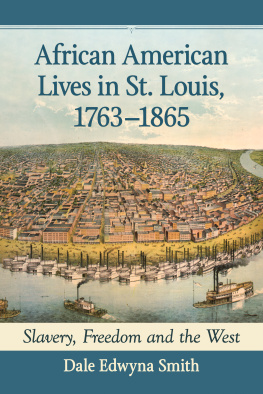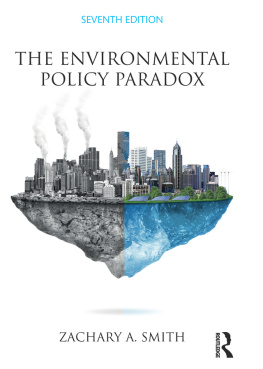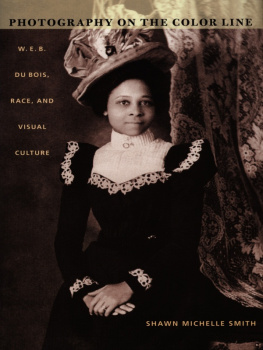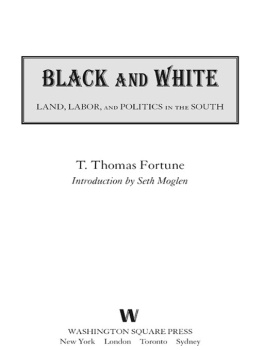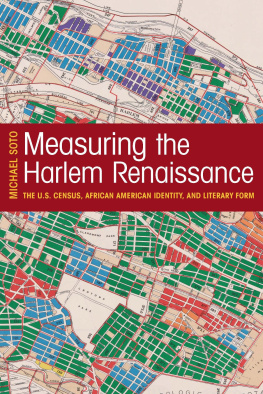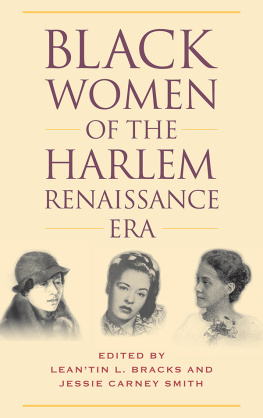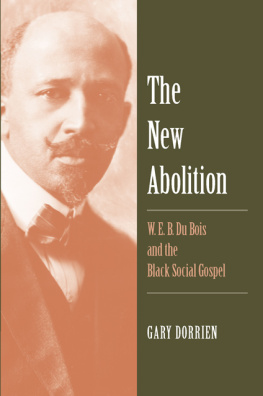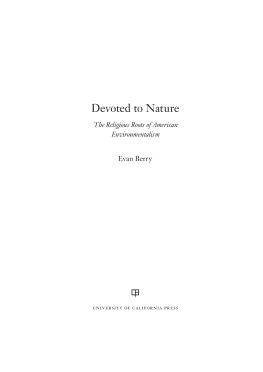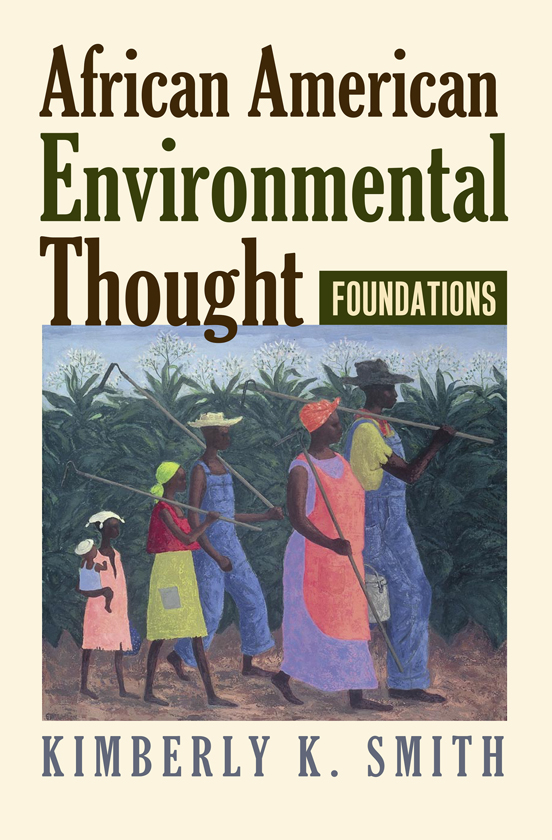Kimberly K. Smith - African American Environmental Thought: Foundations
Here you can read online Kimberly K. Smith - African American Environmental Thought: Foundations full text of the book (entire story) in english for free. Download pdf and epub, get meaning, cover and reviews about this ebook. year: 2020, publisher: University Press of Kansas, genre: Religion. Description of the work, (preface) as well as reviews are available. Best literature library LitArk.com created for fans of good reading and offers a wide selection of genres:
Romance novel
Science fiction
Adventure
Detective
Science
History
Home and family
Prose
Art
Politics
Computer
Non-fiction
Religion
Business
Children
Humor
Choose a favorite category and find really read worthwhile books. Enjoy immersion in the world of imagination, feel the emotions of the characters or learn something new for yourself, make an fascinating discovery.

- Book:African American Environmental Thought: Foundations
- Author:
- Publisher:University Press of Kansas
- Genre:
- Year:2020
- Rating:3 / 5
- Favourites:Add to favourites
- Your mark:
African American Environmental Thought: Foundations: summary, description and annotation
We offer to read an annotation, description, summary or preface (depends on what the author of the book "African American Environmental Thought: Foundations" wrote himself). If you haven't found the necessary information about the book — write in the comments, we will try to find it.
African American intellectual thought has long provided a touchstone for national politics and civil rights, but, as Kimberly Smith reveals, it also has much to say about our relationship to nature. In this first single-authored book to link African American and environmental studies, Smith uncovers a rich tradition stretching from the abolition movement through the Harlem Renaissance, demonstrating that black Americans have been far from indifferent to environmental concerns.
Beginning with environmental critiques of slave agriculture in the early nineteenth century and evolving through critical engagements with scientific racism, artistic primitivism, pragmatism, and twentieth-century urban reform, Smith highlights the continuity of twentieth-century black politics with earlier efforts by slaves and freedmen to possess the land. She examines the works of such canonical figures as Frederick Douglass, Booker T. Washington, W. E. B. Du Bois, and Alain Locke, all of whom wrote forcefully about how slavery and racial oppression affected black Americans relationship to the environment
Smiths analysis focuses on the importance of freedom in humans relationship with nature. According to black theorists, the denial of freedom can distort ones relationship to the natural world, impairing stewardship and alienating one from the land. Her pathbreaking study offers the first linkage of the early conservation movement to black history, the first detailed description of black agrarianism, and the first analysis of scientific racism as an environmental theory. It also offers a new way to conceptualize black politics by bringing into view its environmental dimension, as well as a normative environmental theory grounded in pragmatism and aimed at identifying the social conditions for environmental virtue.
Smiths work offers a new approach to established writers and thinkers and shows that they justly deserve a place in the canon of American environmental thought. African American Environmental Thought enriches our understanding of black politics and environmental history, and of environmental theory in general. Because slavery and racism have shaped the meaning of the American landscape, this body of thought offers us fresh conceptual resources by which we can make better sense of our world.
Kimberly K. Smith: author's other books
Who wrote African American Environmental Thought: Foundations? Find out the surname, the name of the author of the book and a list of all author's works by series.

